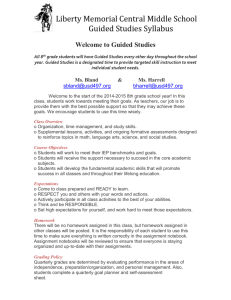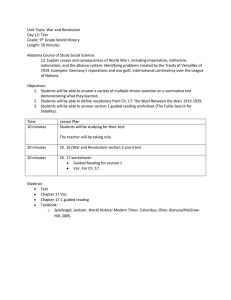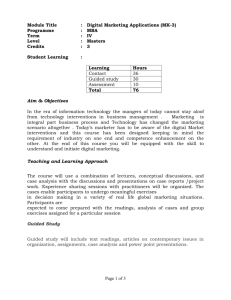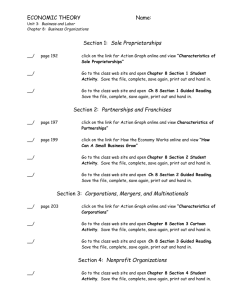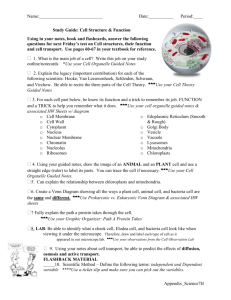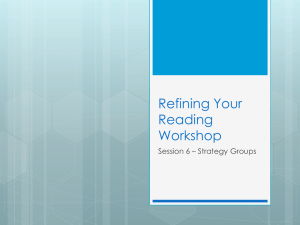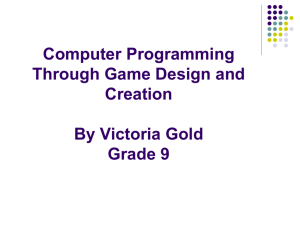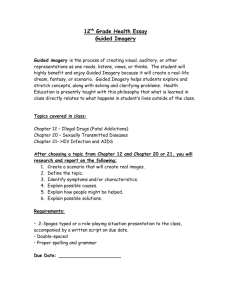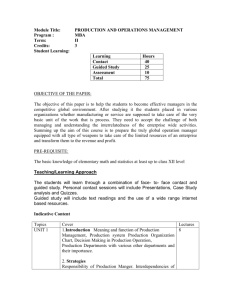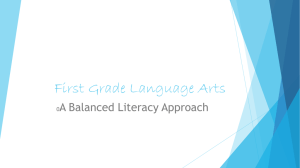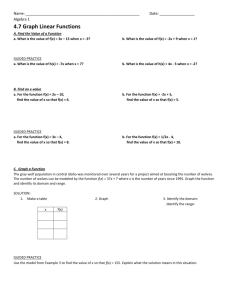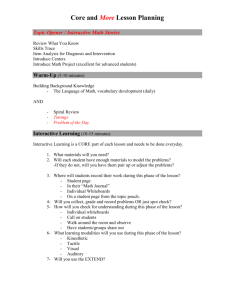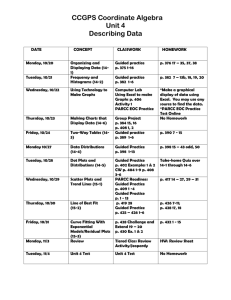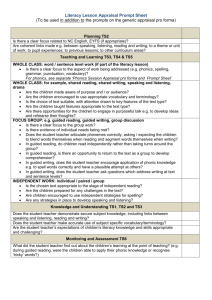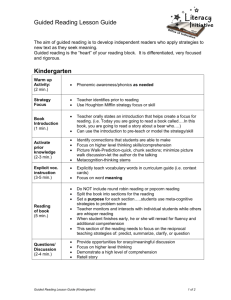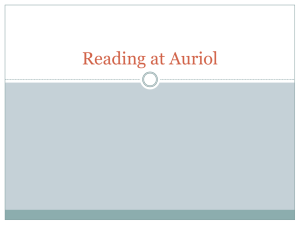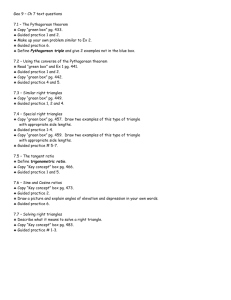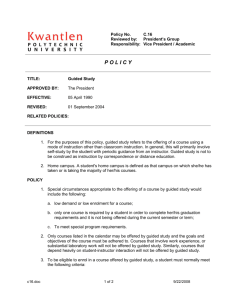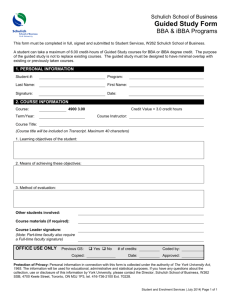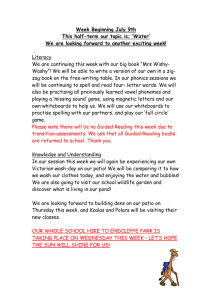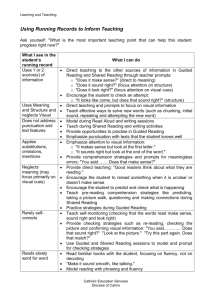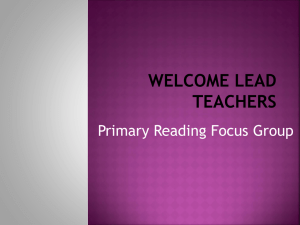"Reading With Your Child" - English
advertisement
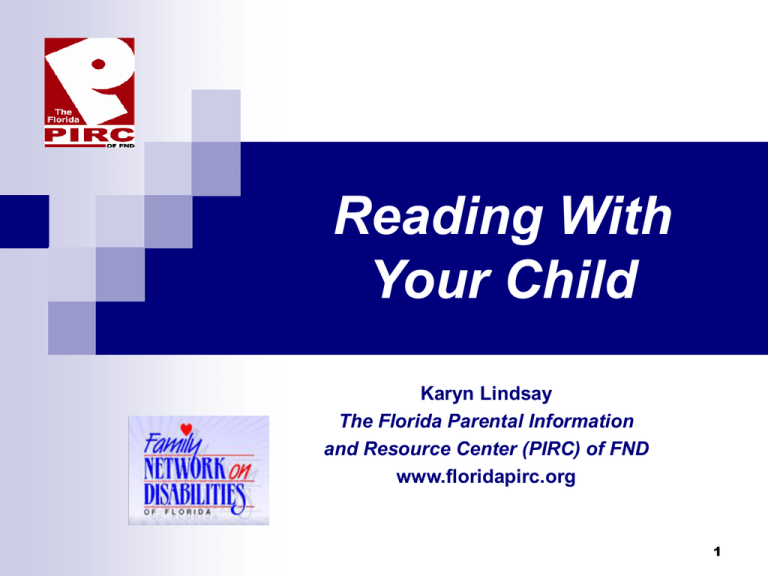
Reading With Your Child Karyn Lindsay The Florida Parental Information and Resource Center (PIRC) of FND www.floridapirc.org 1 WORKSHOP GOAL To teach parents simple techniques for reading with their child. 2 WORKSHOP OBJECTIVES Parents will feel comfortable and confident when reading with their child. Parents will learn the steps to “Guided Reading”. 3 READING IS A TREASURE Read with your child as often as possible. Reading is a lifelong gift from you to your child. 4 GUIDED READING While reading with your child, be sure to praise all efforts! Remember, it’s the thinking process you are praising, not necessarily that your child pronounced the words correctly. 5 GUIDED READING STEPS STEP ONE: Introduce the book. Discuss the title, author, illustrator, and cover. Ask the child, “What do you think this story will be about?” (discuss) 6 GUIDED READING STEPS STEP TWO: Take a picture walk. Flip though pages of the book, discussing the pictures. Talk about any new words. 7 GUIDED READING STEPS STEP THREE: Read the story to your child. Point to the words as you read. This will help your child to learn that reading goes from left to right and that words are separated by spaces. Read slowly and with expression. 8 GUIDED READING STEPS STEP FOUR: Read the story with your child. Lower your voice so that you are supporting your child. Your voice will help guide him/her with new words. 9 GUIDED READING STEPS STEP FIVE: Have your child read the story to you. Sit back, relax, and listen as your child enjoys reading the story to you! 10 SIMPLE THINGS FAMILIES CAN DO Don’t immediately tell your child the answer or what comes next - ask your child to think about about then guess the answer or predict what comes next. When your child has to make a choice, ask your child to compare and contrast, make a pros/ cons, yes/ no, or like/ dislike list to try to help in the decision making process. 11 SIMPLE THINGS FAMILIES CAN DO Ask your child to use fact and opinion discussions to tell if what your child is reading, watching, or writing is based on factual information or someone’s own personal preference or judgment. Have conversations with your child as often as possible, and ask your child questions that require more that one-word answers (ask “Why?”). 12 SIMPLE THINGS FAMILIES CAN DO Read to and with your child for thirty minutes everyday. Talk, explain, and have conversations with infants and young children before they learn to read. Encourage your child to read on his/her own. 13 SIMPLE THINGS FAMILIES CAN DO Help your child to see that reading is important. Set up a reading area in your home. Read and write with your child in his/her native language. Restrict the amount and kind of TV your child watches. Be sure to keep reading materials in your home. 14 SIMPLE THINGS FAMILIES CAN DO And most importantly… MODEL! 15 “Your child does not ask of your ability or inability, he/she only asks of your availability.” --- Mary Kay Ash 16 Contact Us! The Florida Parental Information and Resource Center (PIRC) of FND 2735 Whitney Road, Clearwater, FL 33760 FL toll free: 800-825-5736 or 727-523-1130 Fax: 727-523-8687 www.floridapirc.org 17
